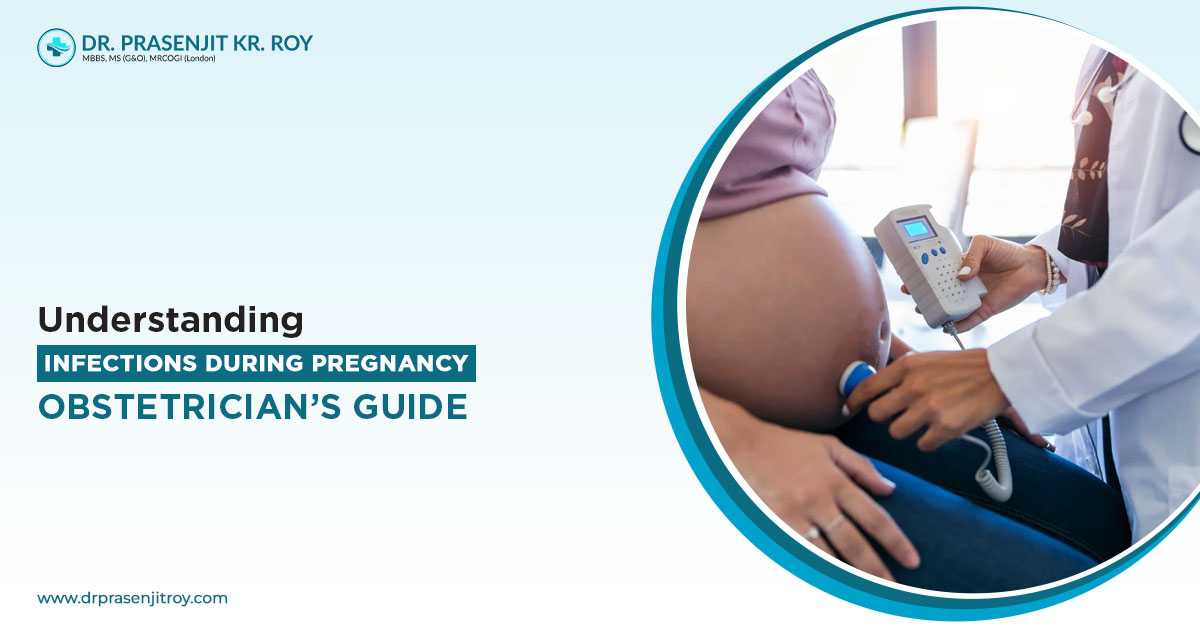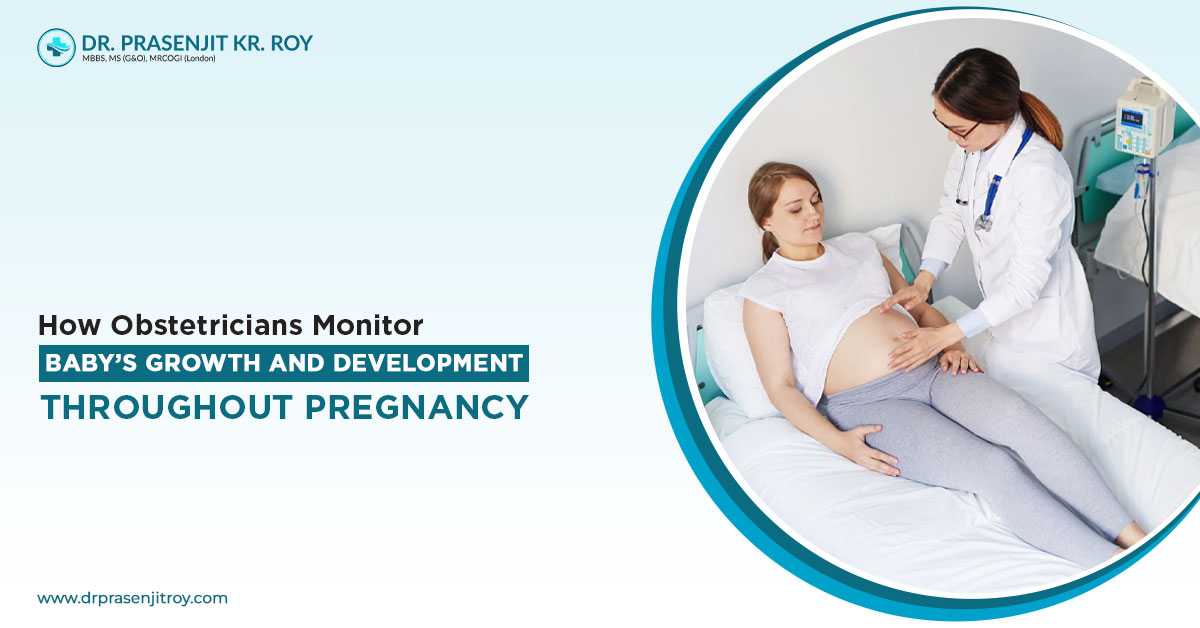Infertility is a growing concern in today's society, affecting millions of couples around the world. It can be a deeply emotional and challenging experience for those who are trying to conceive. However, there are several ways to avoid infertility and increase the chances of becoming pregnant. Below are the five key strategies recommended by infertility best doctors that you can follow to prevent infertility.
Healthy Lifestyle
Maintaining a healthy lifestyle is crucial in avoiding infertility. A balanced diet, rich in fruits, vegetables, whole grains, and lean proteins, provides essential nutrients for reproductive health. Avoiding the consumption of alcohol, caffeine, and tobacco is also helpful to avoid infertility issues.
In addition, engaging in regular exercise not only helps you to manage weight but also improves your reproductive function by increasing blood flow to the reproductive organs. For more help you can also contact your doctor.
Manage Stress
Managing stress levels is vital in preventing infertility. Chronic stress can disrupt the delicate balance of hormones necessary for conception. Incorporating stress management techniques such as yoga, meditation, or regular exercise can alleviate stress and contribute to overall well-being.
In addition, seeking emotional support from your loved ones or joining support groups can also provide you invaluable assistance during the difficult journey of your pregnancy.
Health Checkup
Routine health check-ups with an infertility doctor are essential to ensure optimal reproductive health and prevent infertility. Both men and women should undergo regular examinations to identify any underlying conditions that may affect fertility.
For women, routine gynecological exams, including screenings for sexually transmitted infections, can prevent and treat conditions that may lead to infertility. Men should have their semen analyzed to determine the quality and quantity of sperm.
Timing of Sex
Knowing the timing of intercourse during a woman's ovulation period is very important in avoiding infertility. Knowing the right timing when ovulation occurs will increase your chances of conception. In addition, monitoring basal body temperature, and cervical mucus changes, or using an ovulation predictor kit can also help you determine the most fertile days in menstrual cycle.
By understanding when ovulation happens, you can plan your intercourse around this time, optimizing your chances of becoming pregnant. Thus, it is essential to be aware of environmental factors that may impact fertility.
Remember, the exposure to certain chemicals or toxins in the workplace or environment can impair your reproductive function. Identifying and avoiding these substances can minimize your risk of infertility.
In addition, get in touch with infertility best doctors to staying informed about potential fertility hazards and taking necessary precautions can help avoid infertility. Infertility can be a distressing and challenging experience for couples trying to conceive.
It is important to remember that infertility itself is a complex issue, and if difficulties persist, you must consult with an infertility specialist who can help you out from this situation permanently.







